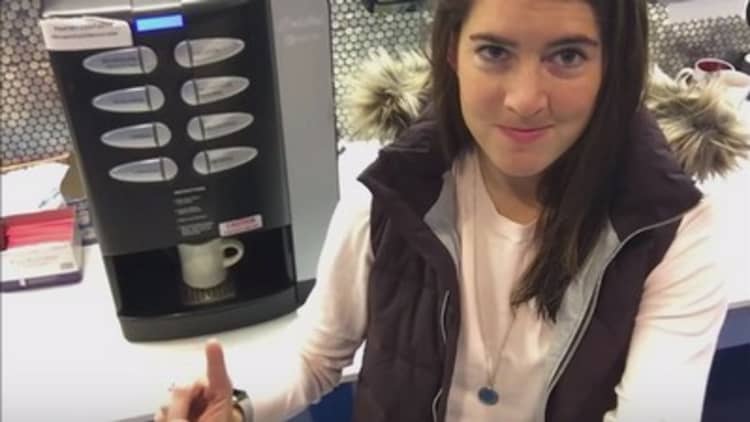When it comes to spending money, like everyone, I have my vices. I buy at least five Vitamin Waters a week, I'm a sucker for green smoothies and I drop about $100 a month on road race entry fees.
But there are certain things I refuse to spend a dime on. Here are 10 of them:
ATM fees
It costs a whopping $4.57 to withdraw money from an out-of-network ATM. It's a pointless money suck.
My rule of thumb: If my bank's logo isn't on the ATM, I don't use it.
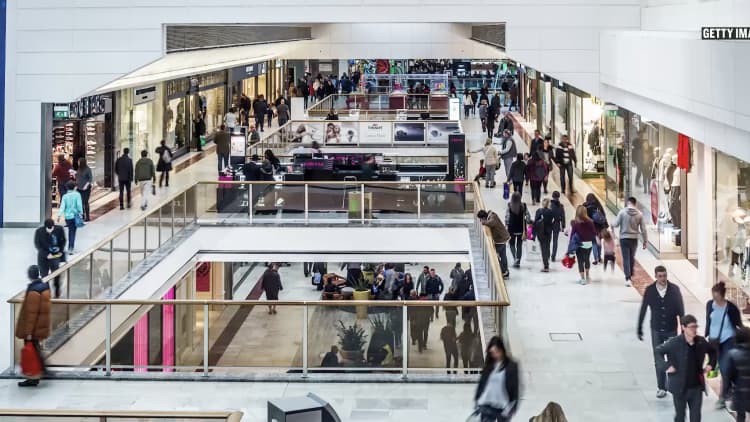
Late fees
Like ATM fees, late fees are an unjustifiable expense. I avoid them all together by automating my bill payments that can be made online, such as internet, insurance and cell phone. At the end of each month, all of my bills are paid in full, so I never have to worry about missing a deadline.
I also set up auto-pay on my credit card. Again, at the end of each month, money from my checking account is automatically sent to my credit card company to pay the full balance, so I'll never owe interest.
Uber
Between public transportation, my Citi Bike membership and my own two feet, there's rarely any reason to call an Uber or hail a cab. I've found that the easiest way to stick to this resolution is to not download the Uber app at all. Out of sight, out of mind.
To be fair, I'm lucky enough to live in such a walkable (and bikeable) city. If walking or biking are completely out of the question for you, check out some other ways to cut back on transportation costs.
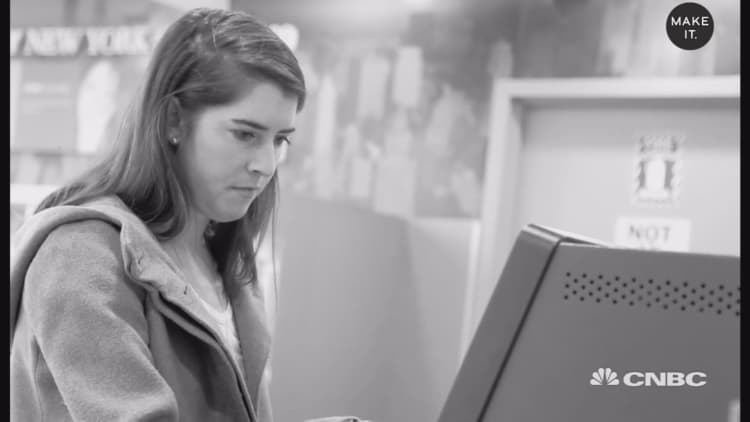
Seamless and take-out
Eating out can add up quickly. It doesn't help that apps like Seamless let you place a delivery order with the touch of a finger. So, like Uber, I resist the temptation by not downloading the app.
To be clear, I do eat out occasionally. I live in New York City! Plus, going out with friends and coworkers is a great way to socialize and network. I'm just careful to make sure takeout doesn't become habit.
Coffee every day
I happen to have a weakness for almond milk lattes, which is why I splurge on one a couple of times a week. They set me back $5 apiece, or $10 to $15 a week. I know, it's egregious. But I have my reasons.
Coffee every day, however, is a different story. I'm lucky enough to have free coffee in the office, which is my go-to pretty much each morning. If I didn't have that option, I'd consider investing in a nice coffee maker and making my own, rather than dishing out $5 a day.

Cable
Rather than spend $103 a month — the average American cable-TV bill — I split a Netflix membership with my roommate. That means I spend just $4 a month on TV. It's a small price to pay for more than enough entertainment.
Excess groceries
When it comes to groceries, I keep things pretty minimal. I buy only what I need and often spend less than $30 a week.
The trick is to make a list of exactly what you need for the week and stick to it when you're shopping. I tend to underestimate how much food I'll go through — I'd rather under-buy than over-buy, as I can always make a second trip to the store if need be.
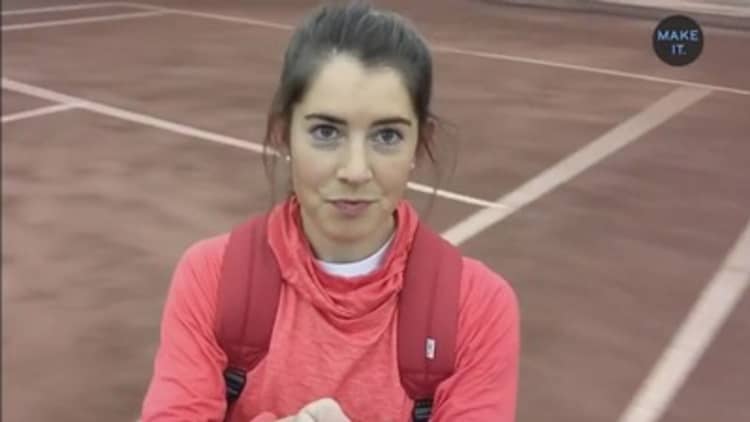
Low quality clothes
I used to buy inexpensive, low-quality clothes to "save money" in the moment. It took me a couple of years, but I eventually realized that spending more on high quality items will help me save in the long run.
First, they last longer and tend to fit better. Secondly, since I'm investing in more expensive clothes and shoes, I think longer and harder about my purchases and end up choosing more timeless items.
Unnecessary smartphone data
With Wi-Fi in my home, office and pretty much every street corner, thanks to Starbucks, I decided there's no reason to spend extra money on extra data. So I opted for the smallest data plan AT&T offers.
The danger with choosing the smallest plan is that I risk going over my allotted data and pay an overage fee, but there are ways to monitor usage. I prefer to periodically log into my account online and see how much data I've used. There are also "fuel gauge" apps that will warn you if you're approaching your monthly limit. Check out DataMan or My Data Manger.
The key to optimizing your cell phone bill boils down to being smart about when and how you use your phone. My rule of thumb: If there's no Wi-Fi, put the phone away.
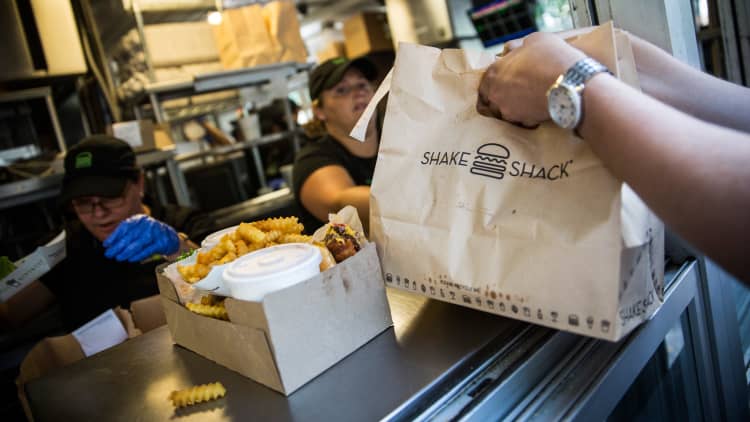
Excess living space
Excess living space doesn't exactly exist in New York City — nor do reasonable rental prices — but there are ways to keep housing cheap, or cheaper.
To save big, my roommate and I converted a one-bedroom into a two-bedroom. It means we don't have a living space (or a second closet), but we're also rarely home. At this point in my life, my apartment really just serves as a place for me to sleep, and I couldn't justify shelling out thousands of dollars a month for more space than I need.
Plus, the sacrifices I'm making now mean I have an extra couple hundred dollars each month to put towards saving for a future home.
Don't miss: After living on $60 a week for 5 weeks here's my No. 1 money-saving tip




